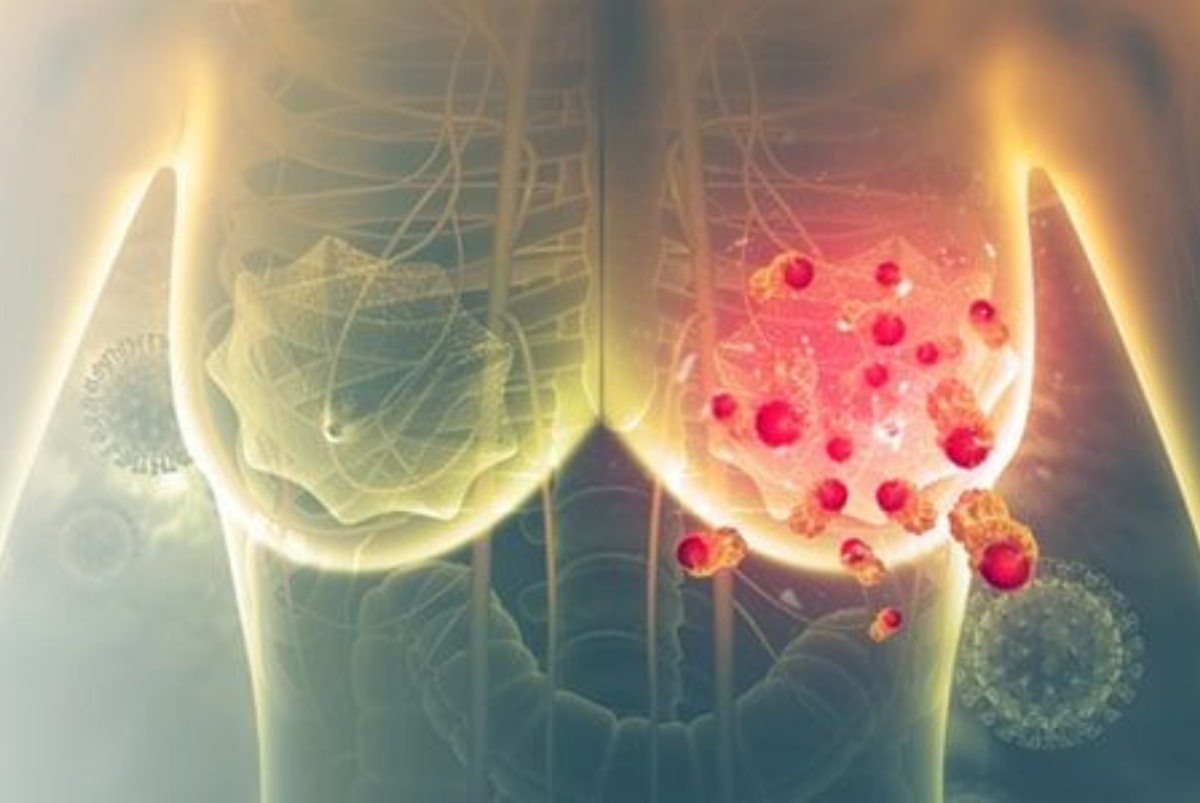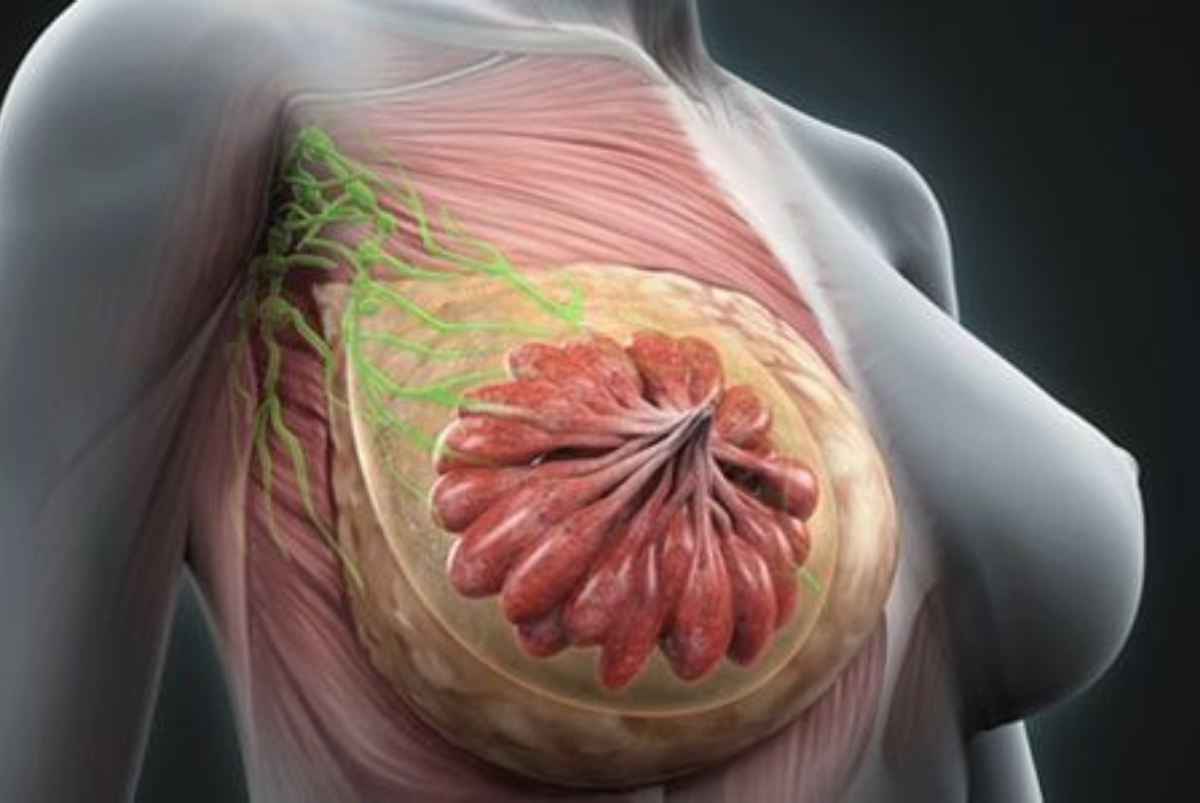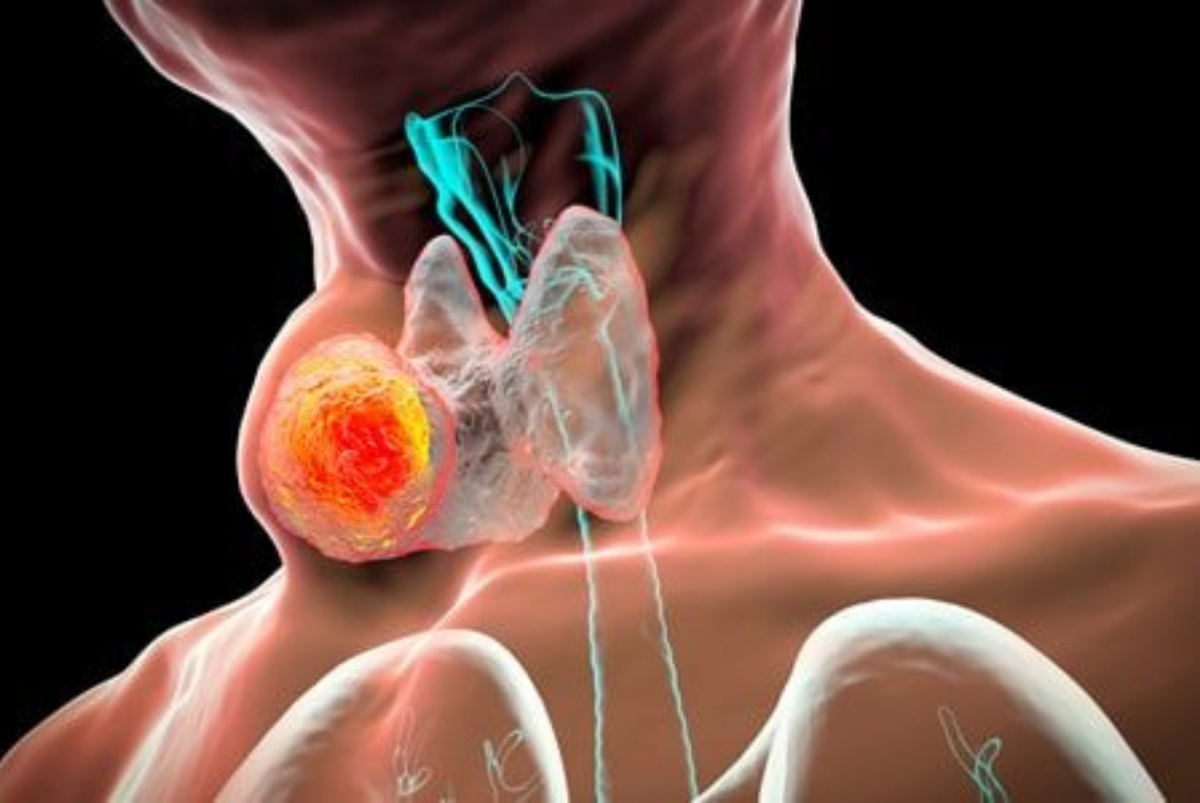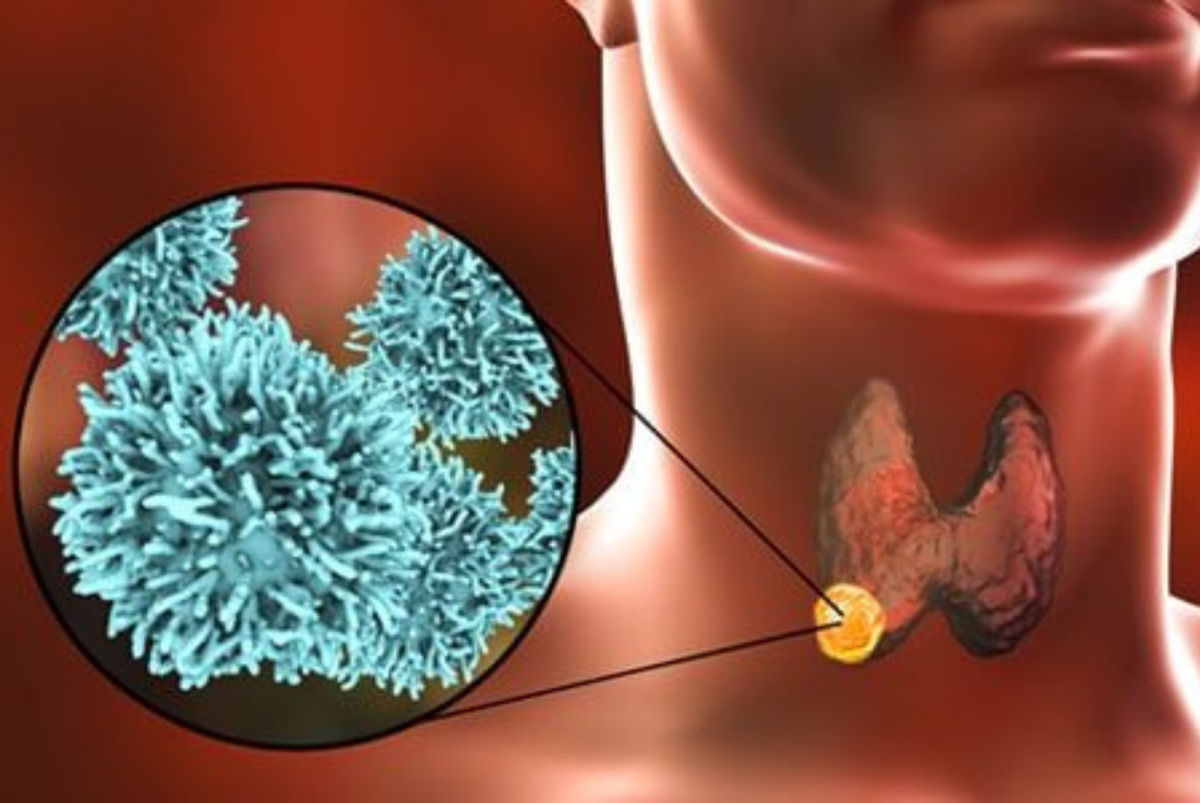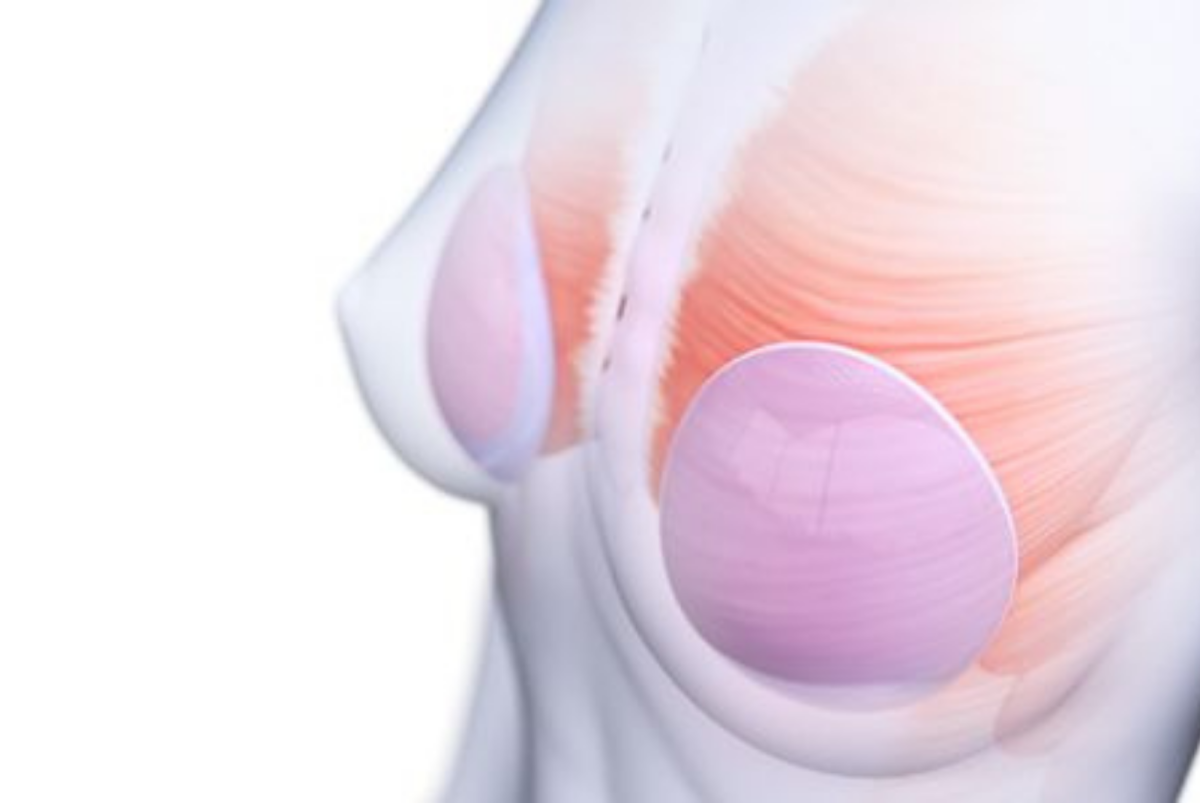Depending on the surgery; Undesirable conditions such as bleeding, infection, partial closure of the lung tissue (atelectasis), accumulation of air in the chest cavity (pneumothorax), partial loss of the skin of the neck (necrosis), scarring due to poor wound healing, blood or fluid accumulation at the operation site can be seen.
Recurrent Nerve Injuries
The nerves that move the vocal cords (upper and lower larynx nerves) can be injured or cut. In this case, depending on the severity of the injury, from mild to severe; There may be problems such as hoarseness, deterioration in voice quality, voice fatigue, inability to produce high-pitched sounds and rough voice tone, shortness of breath, difficulty in swallowing and escaping of the eaten food into the windpipe (aspiration). In particular, due to injury to the nerves on both sides and not being able to breathe at all, it may be necessary for the patient to breathe (tracheostomy) with a special tube to be opened in the throat. These complaints may last up to 1 year on average and may decrease and disappear in this process, in which case they are considered "temporary". However, problems that persist after 1 year are considered "permanent".
hypoparathyroidism
Rarely, in the case of injury or complete removal of parathyroid tissue, which is expected to be right next to the thyroid tissue and a total of four; (especially in the fingertips) short-term numbness, tingling, anxiety, depression and lack of attention may develop. The contractions that may occur can sometimes be life-threatening. In the long term, complaints of osteoporosis may occur.
hypothyroidism
Insufficiency (hypothyroidism) may occur due to the absence of thyroid hormones after surgery. Accordingly, the temporary period; fatigue, weight gain, cold intolerance, constipation and menstrual irregularities in women can be seen. The skin may become dry and rough. Hair may fall out, become dry and brittle. There may be distraction, lack of sexual desire and decreased fertility.
In rare cases, long-term deficiency can result in heart-related problems.
Rarely, the windpipe (trachea), esophagus (esophagus), or large veins just next to the thyroid (carotid artery, jugular vein) may be injured.
Rarely, the long-term enlarged thyroid tissue of the trachea may be softened due to pressure (tracheomalacia) and breathing difficulties may be experienced when exiting the surgery.
Thyroid crisis may occur due to the sudden release of thyroid hormones into the blood during surgery.
In rare cases, blood or blood products may have to be given.
There is also a rare risk of clotting or embolism and death.
If necessary, re-operation can be made for tracheostomy and elimination of some side effects such as bleeding, skin malnutrition, shortness of breath, shortness of breath, recurrence, residual, and tracheomalacia. In rare cases where shortness of breath is severe, a tube (intubation) can be put into the trachea until the complaints disappear.

